Best Medicine for Vaginal Itching
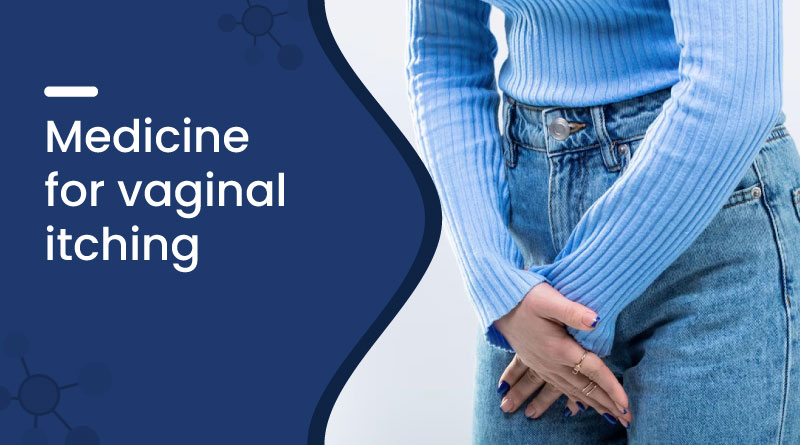

Vaginal health is a vital part of a woman’s overall well-being. Vaginal itching is a common yet uncomfortable condition that can stem from infections, poor hygiene, allergies, hormonal changes, or chronic conditions like bacterial vaginosis or yeast infection. While occasional itching may resolve with lifestyle changes, persistent or severe cases often require medical intervention.
In this blog, we’ll explore the best medicines for vaginal itching cream, tablet their uses, root causes behind irritation, and introduce safe, affordable, and effective treatments to relieve the discomfort. Whether your symptoms are caused by dryness, fungal infections, or external irritants, understanding the underlying trigger is essential to choosing the right remedy.
Why Vaginal Itching Happens?
Vaginal itching can result from multiple reasons—ranging from infections and poor hygiene to allergic reactions. In some cases, it might signal a more serious underlying issue like STIs or chronic infections. Always consult a healthcare provider if symptoms persist or worsen.
Common Causes of Vaginal Itching
Before initiating any treatment, it’s essential to identify the root cause. The best medicine for vaginal itching targets conditions such as:
- Fungal Infections (Yeast Infections)
- Bacterial Vaginosis
- Hormonal Imbalance or Menopause
- Poor Hygiene or Harsh Soaps
- Sexually Transmitted Infections (STIs)
- Skin conditions (eczema, dermatitis)
Medicine For Itching In Private Parts For Female
- Clotrimazole (Antifungal Cream/Tablets): Treats vaginal yeast infections by eliminating fungal growth.
- Fluconazole: Oral antifungal that cures moderate to severe yeast infections.
- Lactobacillus (Probiotic Support): Restores vaginal flora and helps maintain healthy pH balance.
Which Medicine Is Best For Itching In Private Parts Female
Clotrimazole
Clotrimazole is a broad-spectrum antifungal medicine used to treat vaginal yeast infections. It works by destroying the fungus cell membrane, thus relieving itching, discharge, and irritation. Available as vaginal tablets, creams, and external applications.
- What it does: Kills fungal infection and relieves itching
- Best for: Vaginal yeast infections, discharge, itching, and redness
Fluconazole
Fluconazole is an oral antifungal tablet prescribed for moderate to severe vaginal fungal infections. It works from within the body to eliminate candida, the fungus responsible for most yeast infections.
- What it does: Systemic antifungal that treats infection from within
- Best for: Persistent or recurring yeast infections with severe itching or swelling
Lactobacillus (Probiotic Support)
Lactobacillus is a probiotic supplement that helps maintain healthy vaginal flora by boosting good bacteria. A balanced vaginal environment prevents fungal or bacterial overgrowth.
- What it does: Supports healthy pH and controls bad bacteria
- Best for: Women with recurrent infections or imbalance-related itching
Best Vaginal Itching Cream in India Under 100
Clozex Antifungal Cream 20 gm
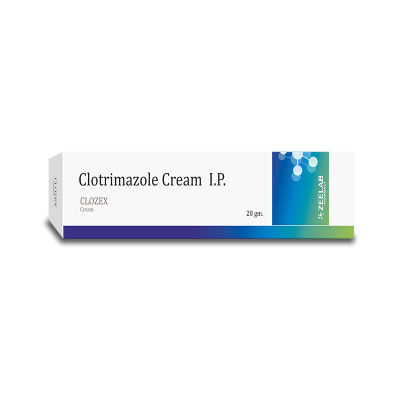
Clozex Antifungal Cream 20 gm is a vaginal antifungal and antibacterial cream formulated to treat mixed vaginal infections. It soothes itching, burning, and discomfort caused by candida and bacterial vaginosis.
- Salt Composition: Clotrimazole
- What it does: Kills fungal and bacterial infection; relieves itching
- Best for: Women with mixed infections and intense vaginal discomfort
Best Medicine For Itching In Private Parts For Female
Flucozee 150 Antifungal Tablet
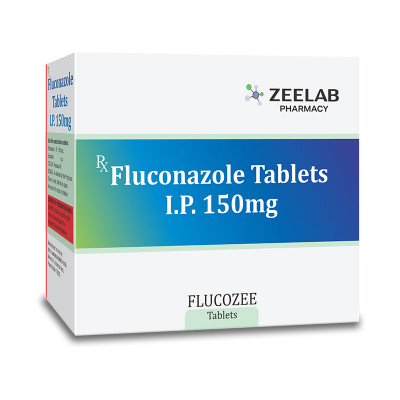
Flucozee 150 Antifungal Tablet is a single-dose antifungal tablet used to treat vaginal candidiasis. It offers quick relief from itching, discharge, and soreness.
- Salt Composition: Fluconazole (150 mg)
- What it does: Treats yeast infection internally
- Best for: Moderate to severe vaginal yeast infections
Sefjim 200 LB Tablet
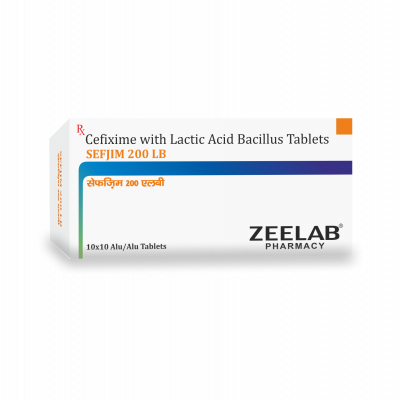
Sefjim 200 LB Tablet is a probiotic supplement that restores vaginal flora and helps prevent recurrent infections. It improves gut and vaginal microbiome balance.
- Salt Composition: Cefixime (200mg) + Lactobacillus (60 Million spores)
- What it does: Supports vaginal health by restoring pH and flora
- Best for: Recurrent infections, itching due to imbalance
What to Avoid When Managing Vaginal Itching:
- Harsh soaps or scented products: Can irritate and disrupt vaginal flora
- Tight synthetic underwear: Traps moisture, encouraging fungal growth
- High sugar intake: Can feed yeast and worsen infections
- Unprotected sex during infection: Can lead to reinfection or partner exposure
- Douching: Alters pH and removes beneficial bacteria
- Ignoring symptoms: May lead to complications like chronic infections
Frequently Asked Questions (FAQs)
Q. Can vaginal itching be treated at home?
A. Mild cases can improve with hygiene, loose cotton clothing, and natural remedies like yogurt or tea tree oil. Persistent cases need medical treatment.
Q. How can I prevent vaginal itching?
A. Use unscented products, maintain hygiene, wear breathable cotton underwear, and keep the area dry. Regular use of probiotics may also help.
Q. When should I see a doctor for itching?
A. If itching lasts more than a few days, or if there’s discharge, odor, swelling, or pain, consult your gynaecologist immediately.
Q. Are over-the-counter creams safe?
A. Yes, creams like clotrimazole are generally safe for short-term use. However, prolonged symptoms need proper diagnosis.
Q. Can hormonal imbalance cause vaginal itching?
A. Yes. Estrogen decline, especially in menopause, can lead to vaginal dryness and itching. Hormonal therapy or estrogen-based creams may help.
Q. What is the fastest way to relieve vaginal itching?
A. The fastest relief often comes from antifungal creams like clotrimazole if the cause is a yeast infection. For bacterial infections, oral antifungal tablets like fluconazole or prescribed antibiotics may be needed. Always confirm the cause before using any treatment.
Q. Can I use home remedies instead of medicine?
A. Mild itching sometimes improves with home care—like applying plain yogurt, wearing cotton underwear, and avoiding harsh soaps. However, if symptoms are severe or persistent, medical treatment is recommended to avoid complications.
Q. How do I know if my itching is from a yeast infection?
A. Yeast infections usually cause intense itching, thick white discharge, redness, and sometimes swelling. If you’re unsure, consult a doctor to confirm the diagnosis before starting treatment.
Q. Are probiotic tablets effective for preventing infections?
A. Yes, probiotics containing Lactobacillus can help restore healthy vaginal flora and reduce the risk of recurring infections. They are especially useful alongside antifungal or antibiotic treatments.
Q. What precautions should I take during treatment?
A. Avoid scented hygiene products, wear loose cotton underwear, keep the area dry, and refrain from sexual intercourse until the infection clears to prevent reinfection or irritation.
Conclusion
Vaginal itching can be distressing, but it’s often manageable with the right approach. From antifungal treatments like clotrimazole or fluconazole to probiotics and herbal remedies, a wide range of effective medicines for vaginal itching is available today. However, proper hygiene, lifestyle changes, and early intervention are essential. Always consult a healthcare provider for accurate diagnosis and treatment tailored to your condition.
Clindamycin (100mg) + Miconazole (200mg)
Clotrimazole (1% w/w) Cream
Clotrimazole (1% w/w) Dusting Powder
Fluconazole (150mg)

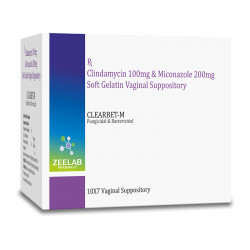
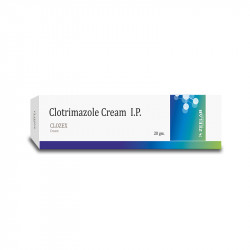
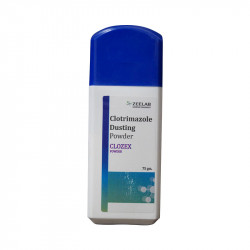
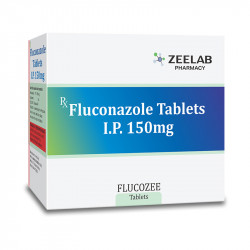
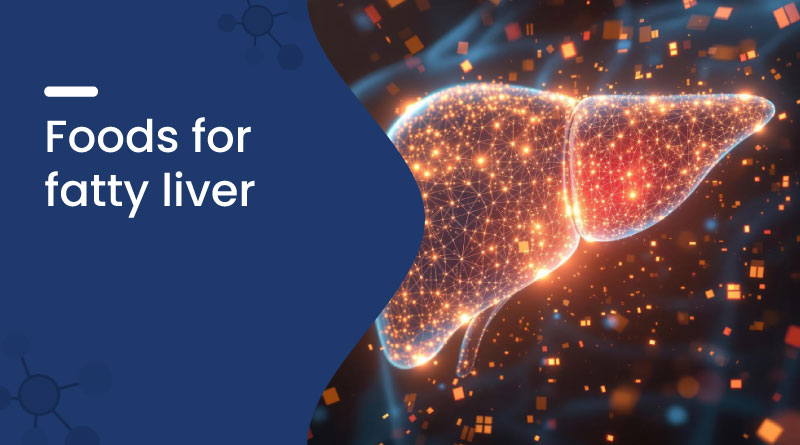
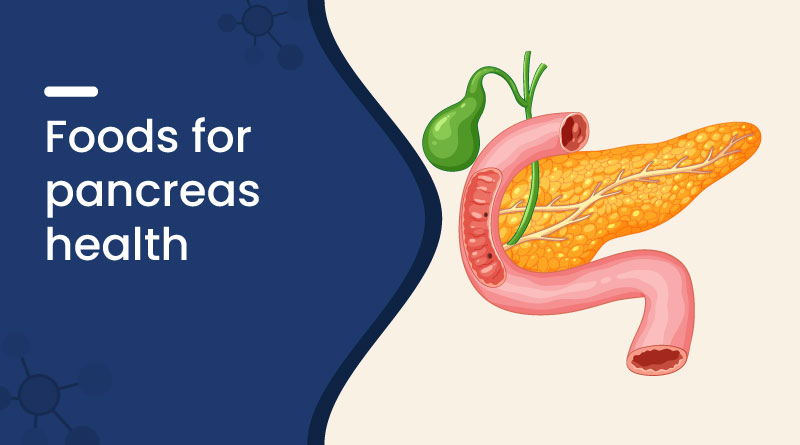

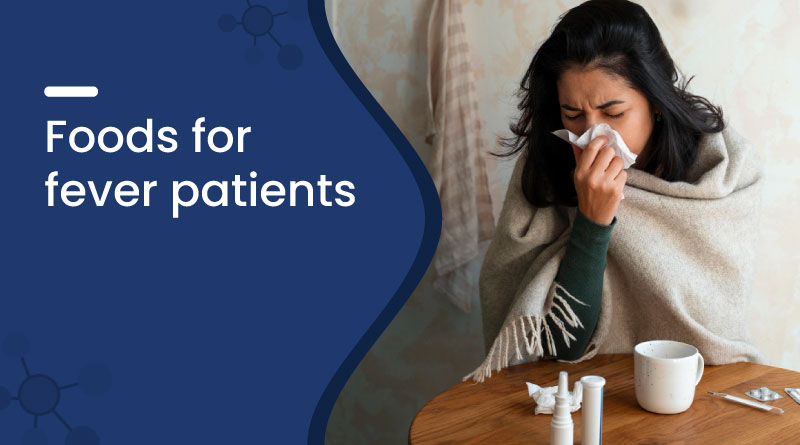
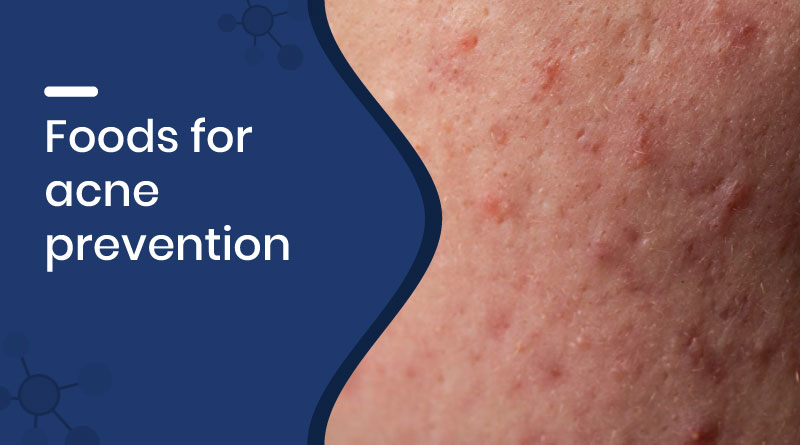
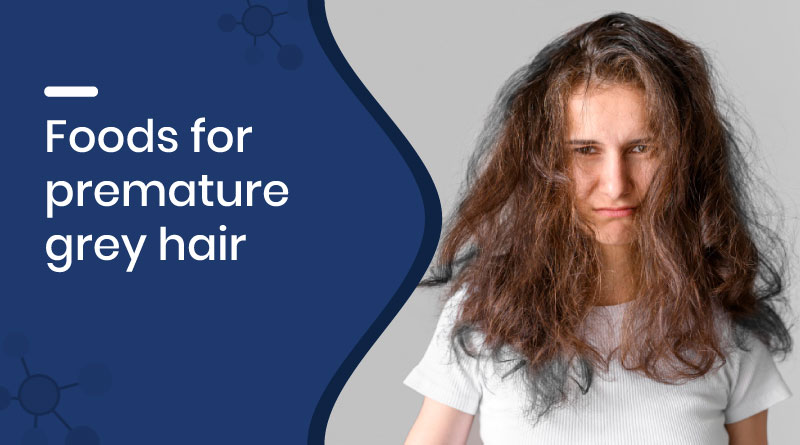

 Added!
Added!